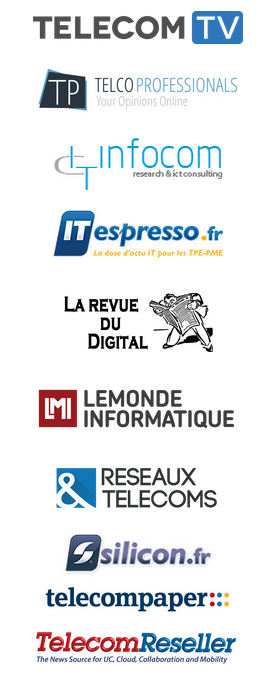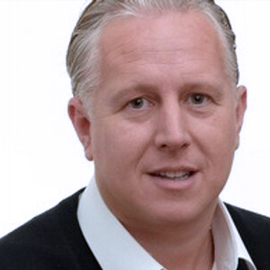LEVEL 0 SCENE C
TUTORIALS TRACK 1 | TUESDAY 08 MARCH 2016
 Presented by BroadBand Forum Ambassadors
Presented by BroadBand Forum Ambassadors
 Presented by MEF Ambassadors
Presented by MEF Ambassadors
TUTORIALS TRACK 1 | TUESDAY 08 MARCH 2016
| 08.00 | WELCOME, REGISTRATION AND COFFEE | |
|
| 12.30 | LUNCH | |
| MEF Lifecycle Service Orchestration (LSO), the business enabler for SDN, NFV and Carrier Ethernet-based Services | ||
| The MEF is focused on enabling Third Network services for the digital economy and the hyper-connected world, providing businesses an on-demand, cloud-connected, orchestrated, secured, and assured experience. The MEF provides a practical evolution toward interconnected, orchestrated, and automated networks powered by Open LSO (lifecycle service orchestration), SDN, and NFV implementations. The MEF has established a technical framework that includes architecture, information models, services, operational processes, LSO, open source implementations, and certification programs. MEF work is conducted internally and – under the guidance of the MEF UNITE program – in cooperation with global standards organizations and open source projects. This seminar will explore the impact that LSO has had on the industry and the associated evolution of Service Providers networks. Through a series of presentations and panel discussions, this seminar will demonstrate that LSO is delivering on its promise to accelerate the implementation of agile and assured Carrier Ethernet services and to improve the operational efficiency of Service Providers. The seminar will also cover how MEF has worked collaboratively with other SDOs and industry players on its LSO vision. |
||
| 14.00 | Welcome | |
Introduction to MEF and presentation of seminar agenda Johan Witters IP Business Development Nokia |
||
| 14.05 | Multi-Operator Service Delivery: From Months to Minutes... | |
| The MEF is focused on enabling Third Network services for the digital economy and the hyper-connected world, providing businesses an on-demand, cloud-connected, secure, and assured experience. This presentation will explain how LSO is the critical enabler of automated and virtualized networks built with SDN and NFV. Currently, Service Providers need LSO capabilities and supporting APIs to overcome the OSS and BSS obstacles that prevent them from realizing the full benefits of emerging SDN and NFV technologies. LSO encompasses all network domains that require coordinated inter-operator end-to-end management and control to deliver on-demand cloud connectivity services and to assure their overall quality and security as expressed in the Service Provider SLAs.  Kevin Vachon MEF COO |
||
| 14.20 | The LSO Reference Architecture and Framework The LSO Reference Architecture and Framework defines the management and control layered reference architecture and the framework that characterizes the domains and management entities required to enable cooperative LSO capabilities for connectivity services. The framework also provides high level use cases describing orchestrated connectivity service behavior as well as interactions among management and control entities. The management and control reference points that characterize interactions between LSO management ecosystem components are identified in the framework.  Rami Yaron VP, Strategy & BD Telco Systems |
|
| 14.55 | Panel Discussion Multi-SDO interaction. How leveraging multiple organization speeds up the development of new standards |
|
| Industry standards organizations and associations, Open Source organizations, Service Providers, equipment manufacturers, technology solution developers - all these stakeholders and more need to collaborate ever more closely in order to realize the vision of agile, assured and orchestrated networks. Providing a collaborative view to the development of new standards based on proven industry development framework. Moderator: Rami Yaron, VP, Strategy & BD, Telco Systems Panelists: Curt Beckmann, Brocade, OFV | Open Virtualization Format Barak Perlman, HPE, OPNFV | Open Platform for NFV Neela Jacques, ODL | OpenDayLight Shahar Steiff, PCCW GLOBAL & MEF |
||
| 15.35 | COFFEE BREAK | |
| 16.05 | The Real Story Behind Multi-Operator Automation | |
| As Service Providers accelerate the deployment of dynamic services, automation that spans multiple Operator domains becomes mandatory to achieve scalability that includes off-net locations. This automation depends on standardization of Information Models, Operational Threads and Interface Profiles based on real-world use cases and Service Provider implementation strategies. This presentation by a leading MEF Service Provider member explains how MEF builds these use cases - including serviceability, ordering, performance reporting, resource provisioning and many others - based on Service Provider expertise and integrates them using the latest modeling approaches to define the processes and APIs that Service Providers and Operators can use to interconnect in a fully automated fashion. This is an essential introduction for anyone that is involved in transitioning Service Providers to a position of service delivery within minutes, rather than months, using partner networks.  Shahar Steiff AVP New Technology PCCW Global |
||
| 16.30 | Discussion Panel APIs for LSO and Network Automation |
|
APIs are at the base of Network Automation and Lifecycle Service Orchestration. Reviewing where we are from an API definition and availability point of view and provide an update on inter-body collaboration with regards to API definition and how the evolving OpenSource environment impacts traditional SDOs. Moderator: Christopher Cullan Director of Product Marketing Infovista Panelists: Jegan Raghavan, Product Manager, WebNMS Charles Eckel, Open Source Developer Evangelist, Cisco John Hawkins, Senior Product Line Manager, Ciena Shahar Steiff, AVP New Technology, PCCW Global |
||
| 17.10 | Automated Network Operations and Wholesale Services | |
| This presentation is aimed at providing an updated view to the following networking concept: • Vision of an automated Service Provider • Automated business process between Service and Access Providers • Going from months to minutes, the LSO Service Activation promise  Claudio Scola Director, Product Marketing - Network Services Level 3 Communications |
||
| 17.35 | Discussion Panel LSO and Wholesale: How far are we from inter-operator automation? |
|
| Different Industry Proof of Concept (PoC) have demonstrated a simplified user experience via a self-ordering portal for complex Carrier Ethernet services with zero-touch orchestration and full integration of critical business and operation processes. These PoCs where demonstrating these functionalities across hybrid network with both physical and virtualized (NFV) infrastructure, including virtualized customer premise equipment (vCPEs). How far are we from offering these capabilities over a multi-operator architecture? Moderator: Johan Witters, IP Business Development, Nokia Panelists: Youcef Ayad, Senior Global Product Manager, Teliasonera Shahar Steiff, AVP New Technology, PCCW Global Claudio Scola, Director, Product Marketing - Network Services, Level 3 Communications Christopher Cullan, Director of Product Marketing, Infovista |
||
| 18.15 | Closing Remarks Johan Witters, IP Business Development, Nokia |
|
| 18.30 | MEF DRINKS RECEPTION |
| 19.30 | END OF THE TUTORIALS TRACK 1 MPLS SDN | |
Diamond Sponsors
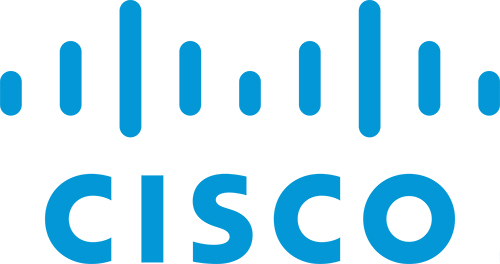
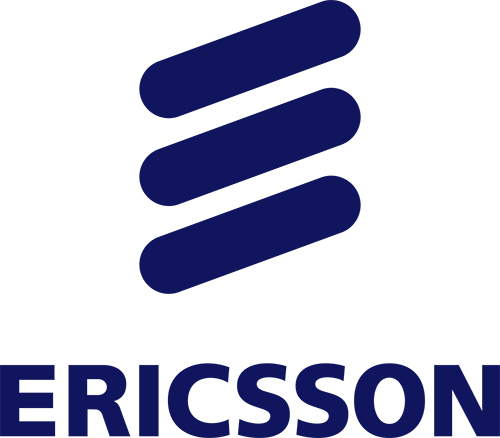


Platinum Sponsor

Gold Sponsors

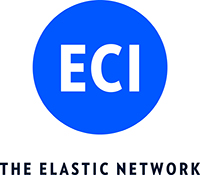

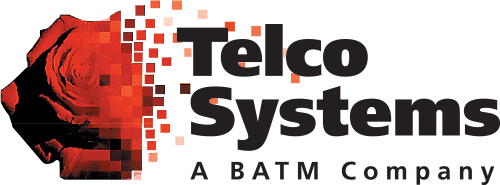
Silver Sponsors

The Official Networking & Conference App
Full Agenda in PDF
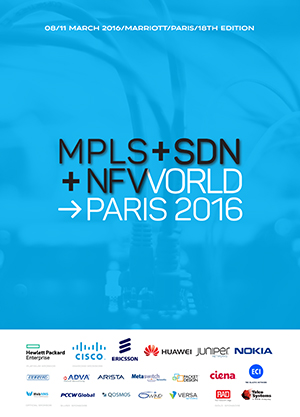
Official Networking & Conference App
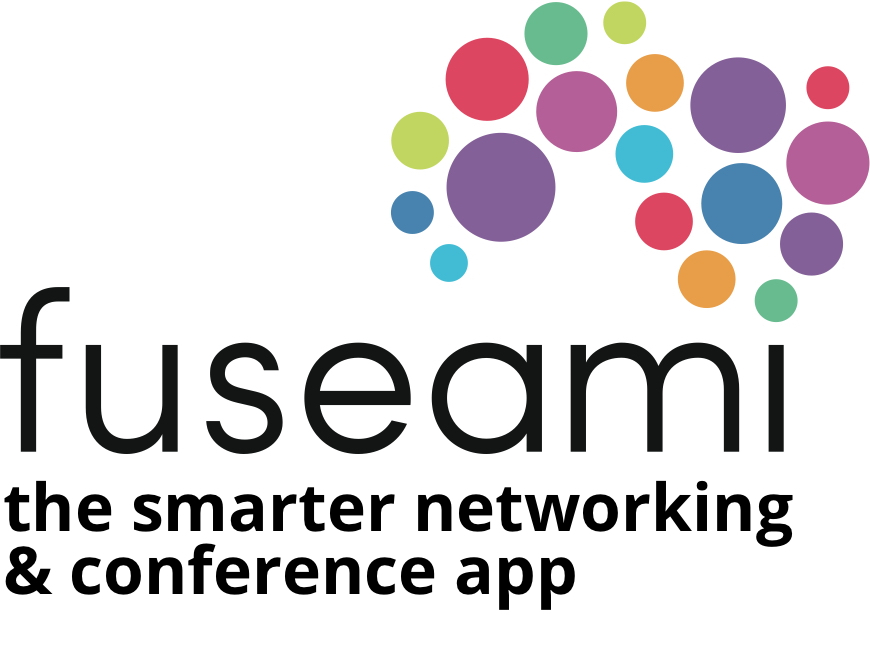
media partners
